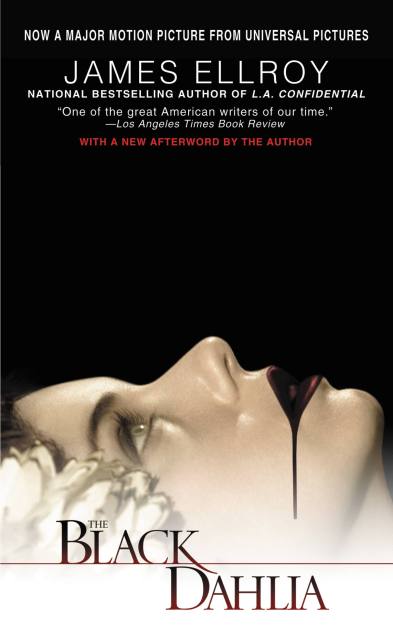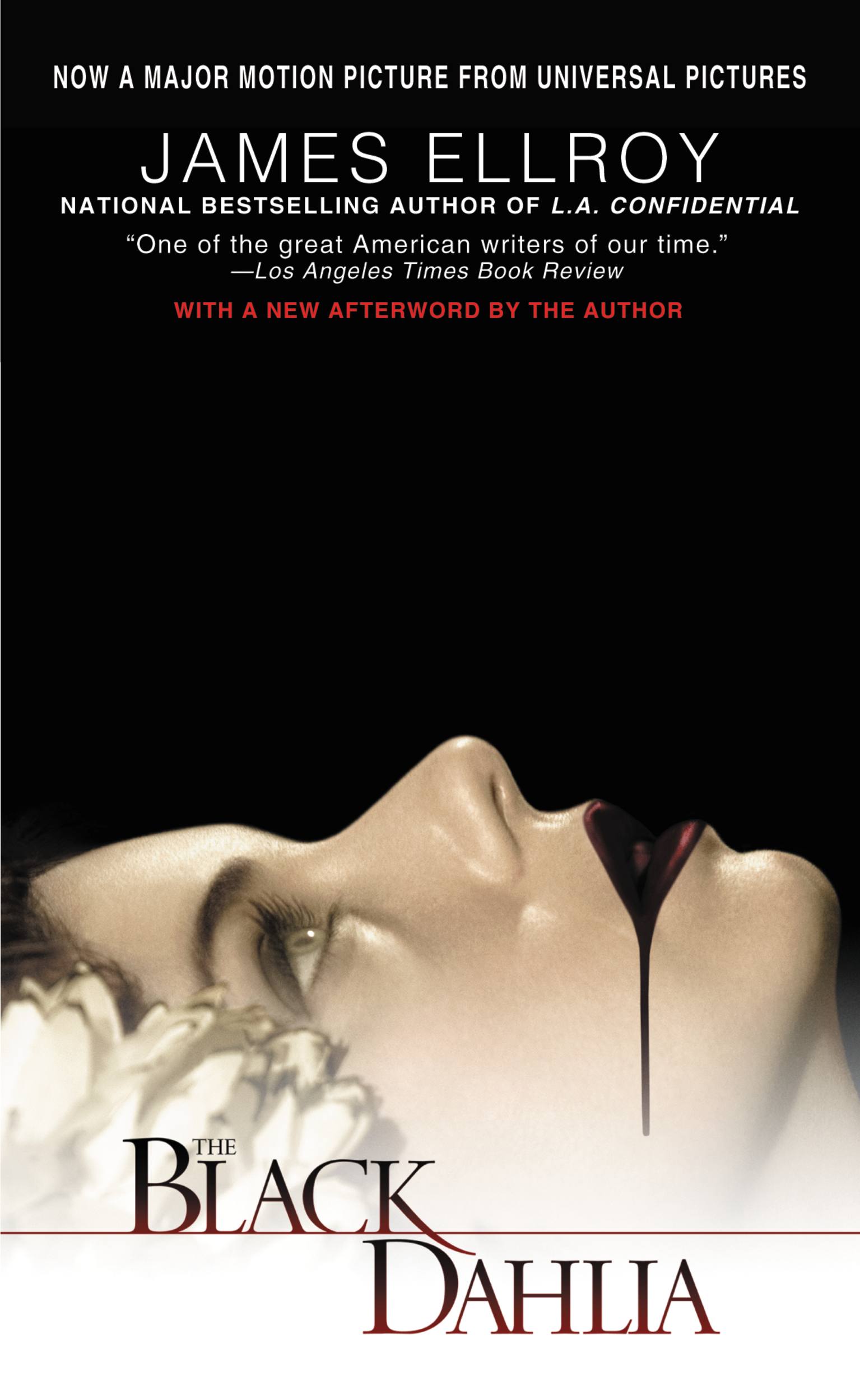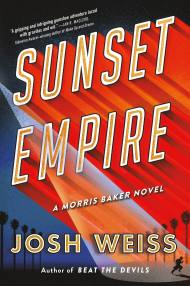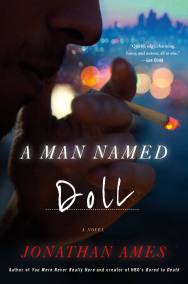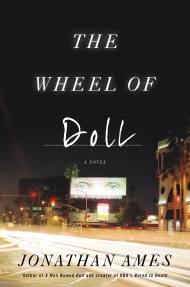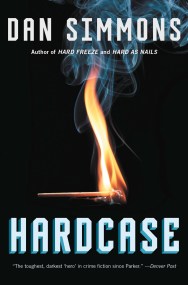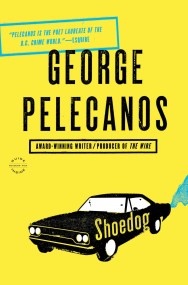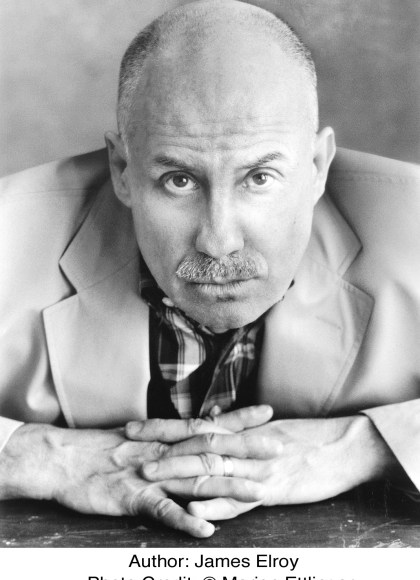Promotion
Use MOM24 for 20% off site wide + free shipping over $45
The Black Dahlia
Contributors
By James Ellroy
Formats and Prices
Price
$7.99Price
$9.99 CADFormat
Format:
- ebook $7.99 $9.99 CAD
- Mass Market $8.99 $12.99 CAD
This item is a preorder. Your payment method will be charged immediately, and the product is expected to ship on or around August 1, 2008. This date is subject to change due to shipping delays beyond our control.
Also available from:
The highly acclaimed novel based on America’s most infamous unsolved murder case. Dive into 1940s Los Angeles as two cops spiral out of control in their hunt for The Black Dahlia’s killer in this powerful thriller that is “brutal and at the same time believable” (New York Times).
Genre:
- On Sale
- Aug 1, 2008
- Page Count
- 352 pages
- Publisher
- Grand Central Publishing
- ISBN-13
- 9780446504461
By clicking 'Sign Up,' I acknowledge that I have read and agree to Hachette Book Group’s Privacy Policy and Terms of Use
